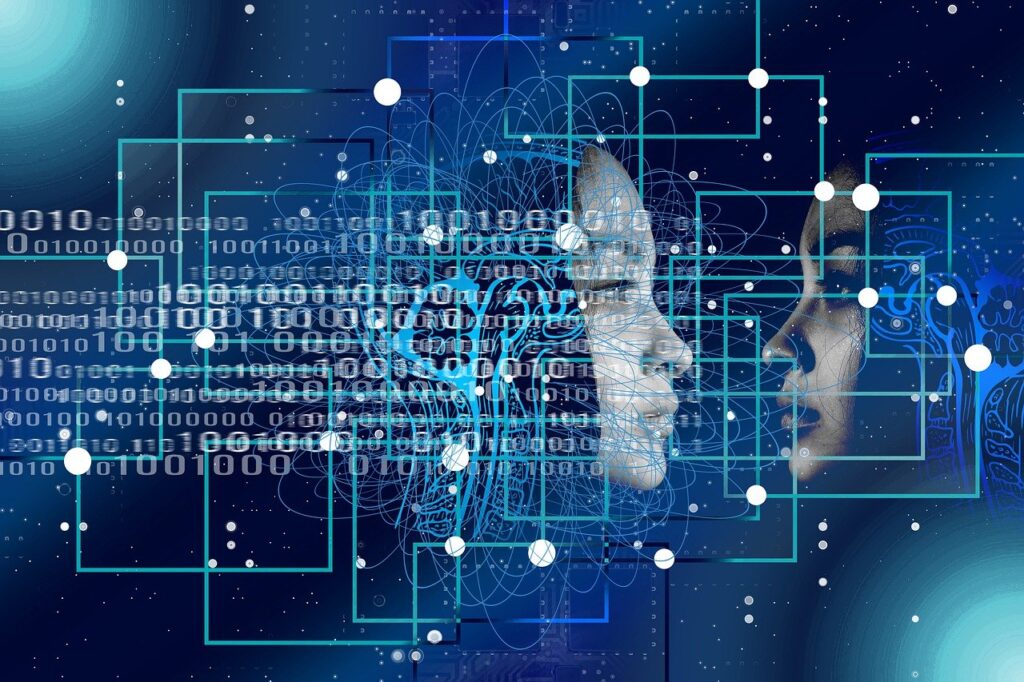#kunavvknowsai
The field of artificial intelligence is experiencing a paradigm shift with the emergence of agentic AI systems.
Unlike traditional AI models that simply respond to prompts or perform predefined tasks, agentic AI systems exhibit goal-directed behaviour, autonomous decision-making, and the ability to learn from and interact with their environment in meaningful ways.
What Makes AI “Agentic”?
At its core, agentic AI refers to artificial intelligence systems that possess:
1. Autonomy: The ability to operate independently and make decisions without constant human intervention
2. Goal-Directed Behaviour: The capability to understand and work toward specific objectives
3. Environmental Awareness: The capacity to perceive and model their environment
4. Adaptive Learning: The ability to modify their behaviour based on experience and feedback
These characteristics represent a significant evolution from traditional AI systems, which typically operate within rigid, predefined parameters.
The Building Blocks of Agentic AI
1. Advanced Language Models as a Foundation
Modern language models serve as a crucial foundation for agentic AI. They provide the basic capabilities for understanding context, processing natural language, and generating human-like responses. However, agentic AI builds upon this foundation by adding crucial components:
2. Planning and Strategy
Agentic AI systems incorporate sophisticated planning mechanisms that allow them to:
– Break down complex tasks into manageable steps
– Anticipate potential obstacles
– Develop alternative approaches when initial strategies fail
– Optimize resource utilisation
3. Memory and Context Management
Unlike simple chatbots, agentic AI systems maintain:
– Long-term memory of past interactions
– Understanding of ongoing contexts
– Ability to reference and learn from previous experiences
Real-World Applications and Impact

Business and Enterprise
– Autonomous Project Management:
Systems that can coordinate complex projects, allocate resources, and adapt to changing circumstances
– Intelligent Process Automation:
AI agents that can handle end-to-end business processes with minimal human intervention
– Strategic Decision Support:
Agents that can analyse market trends and provide data-driven recommendations
Research and Development
– Scientific Discovery:
AI agents that can formulate hypotheses, design experiments, and iterate based on results
– Drug Discovery:
Systems that can autonomously explore chemical spaces and predict molecular properties
– Materials Science:
Agents that can suggest and test new material compositions
Personal Assistance

– Life Management:
AI agents that can handle scheduling, planning, and coordination of personal tasks
– Learning Companions:
Systems that adapt to individual learning styles and provide personalized education
– Health and Wellness:
Agents that monitor health metrics and provide personalized recommendations
Challenges and Considerations
1. Ethical Implications
The development of more autonomous AI systems raises important ethical questions:
– How do we ensure alignment with human values?
– What boundaries should be set for AI decision-making?
– How do we maintain meaningful human oversight?
2. Technical Challenges
Several technical hurdles remain:
– Developing robust safety mechanisms
– Ensuring reliable performance in unpredictable situations
– Managing computational resources efficiently
– Creating effective human-AI collaboration interfaces
3. Social Impact
The widespread adoption of agentic AI will likely lead to:
– Changes in workforce dynamics
– New requirements for digital literacy
– Evolution of human-AI interaction paradigms
The Road Ahead

The future of agentic AI holds immense promise.
We’re moving toward systems that can:
– Engage in more sophisticated reasoning
– Handle increasingly complex tasks
– Collaborate more effectively with humans
– Learn and adapt more efficiently
This evolution represents not just a technological advancement, but a fundamental shift in how we think about and interact with artificial intelligence. The development of agentic AI systems marks the beginning of a new era where AI becomes a more active participant in problem-solving and decision-making processes.
Agentic AI represents more than just another incremental advance in artificial intelligence, it’s a revolutionary approach that could fundamentally change how we interact with technology. As these systems become more sophisticated, they will likely play an increasingly important role in addressing complex challenges across various domains of human endeavour.
The excitement surrounding agentic AI is well-justified. It promises to combine traditional AI’s processing power and precision with new levels of autonomy and adaptability. This combination could lead to breakthrough solutions in fields ranging from scientific research to personal productivity while raising important questions about the future relationship between humans and artificial intelligence.
If you would like to know more about how this may impact you or your business contact quentin@dvcconsultants.com today.






0 Comments